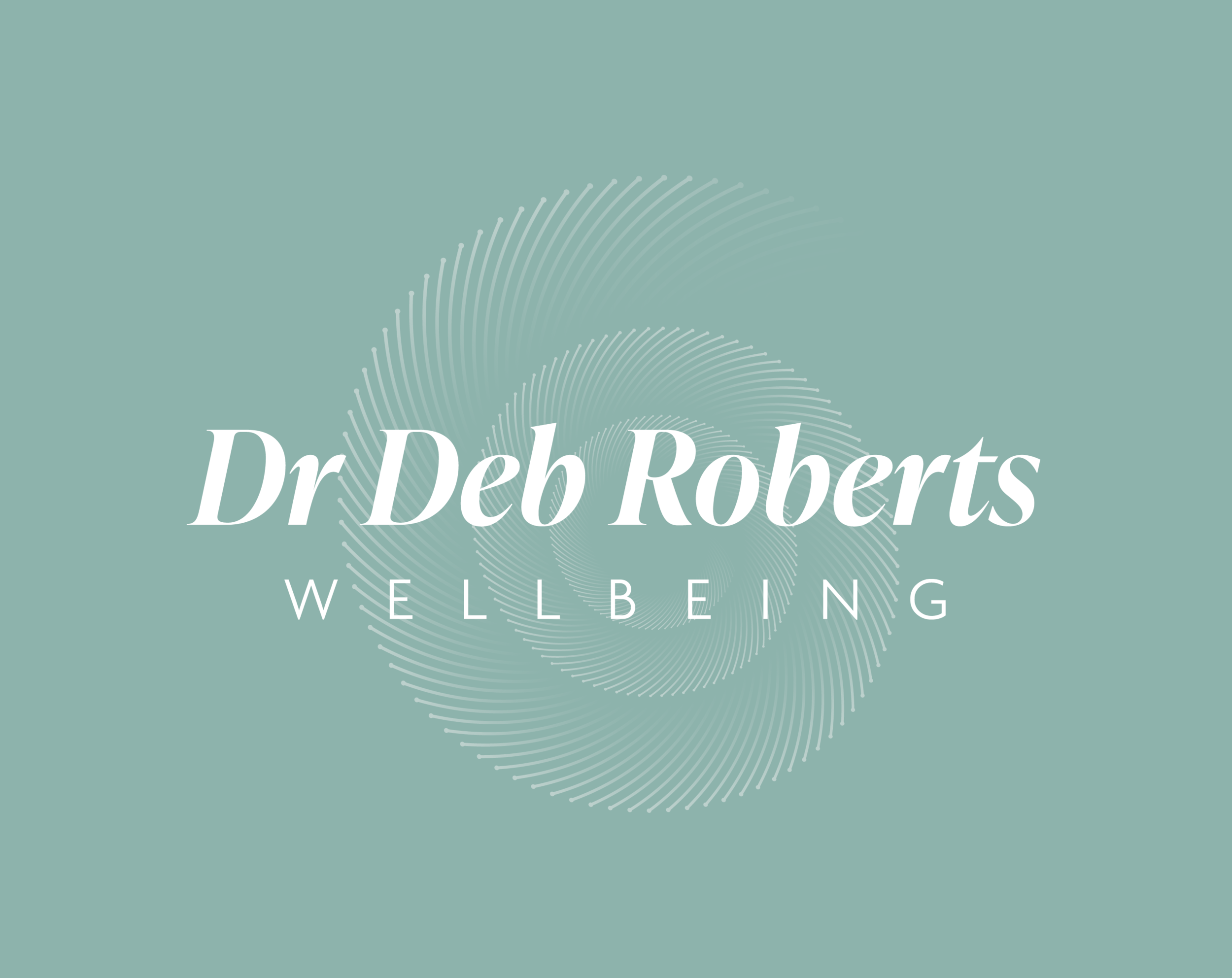Is ‘balance’ a myth?
For as long as I can remember, I’ve yearned to experience and sustain balance. Perhaps because it’s a state of being that renders utter contentment physically, mentally and emotionally. And it feels damn good!
Simply put, I desire passion, energy and will to actively participate in this life with a healthy dose of steadfast stability. Is this so much to ask?
Is ‘balance’ merely an aspiration or even a myth?
The feeling of physical balance is to feel grounded (literally), stable and strong. At the same time there is a sense of lift and postural alignment from the bottom of the feet to the head. So we can take hard knocks.
The feeling of mental balance is when there is clarity of thought, focus and space creating freedom for entrepreneurship, creativity and imagination.
The feeling of emotional balance is having enough energy and momentum to galvanise whatever is at hand. Yet not too much activity in the body that makes one feel anxious from over stimulation like boiling water spilling over the top of a pot.
Life in general throws us curve balls, interruptions and challenges which make ‘balance’ hard. We have setbacks, losses, don’t get the job or promotion we want, have arguments with those we love (and strangers too) and on a larger scale, social and political changes and for some even civil war.
I’ve lived with mental health challenges for most of my life like many people, maybe even you. When anxiety or depression rears it’s ugly head, I want to close up or disappear like a turtle in its shell from its sometimes unbearable affects. I feel utterly unbalanced. With 47 years of life to date, I’ve had my share of this yet I do know there are opportunities to take some small but worthy steps out of the misery and back into balance.
Viktor Frankl, an Austrian neurologist, psychologist and Holocaust survivor said, “Between stimulus and response there is a space. In that space is our power to choose our response. In our response lies our growth and our freedom.”
Since we can’t control everything we’d like in life, there is wisdom in this space to choose our next step so to speak and by doing this, our balance can resume and wellbeing is enhanced.
Establishing a shift in mental framework that everything is temporary, even negative circumstances helps. Sometimes professional assistance is required to take us toward this path. For me, years of it.
If we have not had a good night sleep, been over indulging in some way, discovered personal or societal news that disrupts our sense of balance, we can take a moment to simply exhale out the the nose or mouth and connect with ‘what is’ and let some of the discomfort out. Daily meditation, yoga and some mindful movement is my strongest ally to get back into a semblance of balance.
We can go out in nature even in cold and rainy days and if possible to the closest body of water and remember our place (as the lyricist and musician Xavier Rudd succinctly coined). Many have walked the path before us and survived and will after us.
We can talk to an old friend who understands us or even a stranger with incidental conversation and remember our similarities as humans, not our differences.
We can sip our coffee or warm drink slowly and appreciate it warming our insides.
Sometimes, resting in our beds or comfortable seat is just what the doctor ordered and other times it’s painstakingly taking one step out of bed and doing some simple and steady movement.
Habit changes usually start with small steps and build upon themselves over time. This is comforting to me as I inevitably falter along the way. Practicing acceptance of ourselves is part of the balance.
Luckily, centuries of time on this earth can attest to experiencing a ‘well’ being.
With a considerable amount of study and practice of ancient and modern ways to experience a sense of balance, I’m convinced that although it may be aspirational it’s also achievable and definitely NOT a myth.
— Published first through Thrive Global on January 14, 2021

